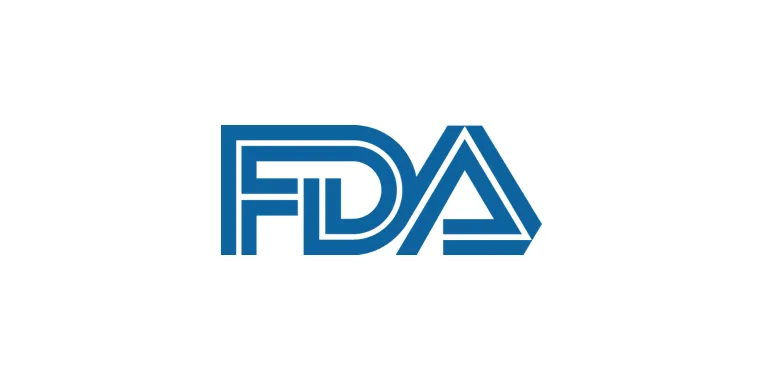FDA slams Spectrum and Oncopeptides cancer drugs over efficacy concerns ahead of ODAC meeting

The FDA’s Oncologic Drugs Advisory Committee meeting on Thursday will likely be a slaughter for two biopharma companies, Spectrum Pharmaceuticals and Oncopeptides, as reviewers today raised significant concerns and questions for both sponsors in briefing documents released ahead of the meeting.
Spectrum is seeking to win an approval for poziotinib tablets as a treatment for patients with previously treated, locally advanced or metastatic NSCLC harboring HER2 exon 20 insertion mutations. Poziotinib’s NDA is supported by data from a Phase II ZENITH20 trial, which showed that the tablets elicited an ORR of 28% (95% CI, 18.9%-38.2%) in this patient population, while the median duration of response (DOR) was 5.1 months (95% CI, 4.2-5.5).
“The ORR and DOR results observed in the primary efficacy population enrolled in ZENITH20 supporting this NDA may not provide a meaningful advantage over available therapies and may not be likely to predict clinical benefit,” the FDA said in its briefing document. Spectrum $SPPI shares were down more than 25% on Tuesday.
The agency also noted how AstraZeneca and Daiichi Sankyo’s Enhertu was granted accelerated approval in August based on an ORR of 58% (95% CI 43,71) and mDOR 8.7 months (95% CI (7.1, NE).
“The key issues for consideration in the benefit-risk assessment of poziotinib include the presumed clinical benefits of the approval of a targeted therapy for a rare patient population, the inadequate dosage optimization in the context of marginal efficacy and high toxicity, and the acceptable tradeoffs between the benefits and risks to patients,” the agency wrote.
FDA also noted that poziotinib’s confirmatory trial to verify clinical benefit “is not well underway and results are not expected until at least 2026. Furthermore, the dose selected for evaluation in the confirmatory trial is 8 mg BID rather than 16 mg QD. This NDA submission may have been premature given the inadequate dosage optimization when considered in the context of marginal efficacy and high toxicity.”
ODAC will vote on one question, “Do the current benefits of poziotinib outweigh its risks for the treatment of patients with NSCLC with HER2 exon 20 insertion mutations?” The FDA is not required to follow the advice of its adcomms but it often does.
Later on Thursday, the FDA will ask ODAC to decide the fate of a dangling accelerated approval, Oncopeptides’ multiple myeloma drug Pepaxto (melphalan flufenamide), which failed to show benefit in its confirmatory trial. $ONCO shares were down more than 35% on Tuesday.
“Given the potential detriment in overall survival, failure to demonstrate a progression-free survival benefit, and lack of an appropriate dose, is the benefit-risk profile of melphalan flufenamide favorable for the currently indicated patient population?” is the voting question for this one.
It’s been a rocky journey for Pepaxto, as last October, Oncopeptides decided to pull it from the market after the trial failure, only to decide three months later that it won’t pull the drug, without much explanation for the about-face. The European Medicines Agency in June recommended approval for Pepaxti (melphalan flufenamide) for the treatment of multiple myeloma, which is a rare cancer of the bone marrow.
Now it appears that Oncopeptides is trying to make a case that the confirmatory trial showed benefit, even as the FDA in July alerted patients and healthcare professionals that the confirmatory trial for melphalan flufenamide had been halted, as the combination of it and dexamethasone showed an increased risk of death.
Ahead of Thursday’s discussion, the FDA makes clear in its side-by-side briefing documents that it “does not agree with the Applicant’s position that the results of the OCEAN trial confirm the clinical benefit of melphalan flufenamide…At this time, the overall available evidence indicates a potential for harm, uncertain clinical benefit and suggests that the overall benefit-risk profile of melphalan flufenamide is unfavorable.”
While Oncopeptides conducted a revised PFS analysis “which indicated a marginal PFS significance,” the agency said the “results of analyses of other efficacy endpoints such as ORR and DOR were either not statistically significant or provided for a magnitude of effect that would not be considered clinically meaningful.”
But the agency did say that additional dose exploration to identify a tolerable dose for Pepaxto with dosing based on weight or body surface area is warranted.
September 21, 2022



